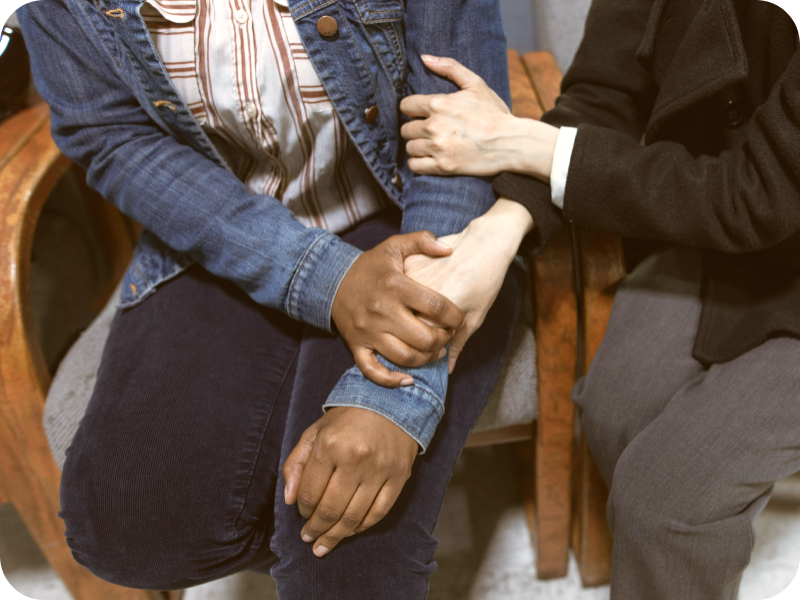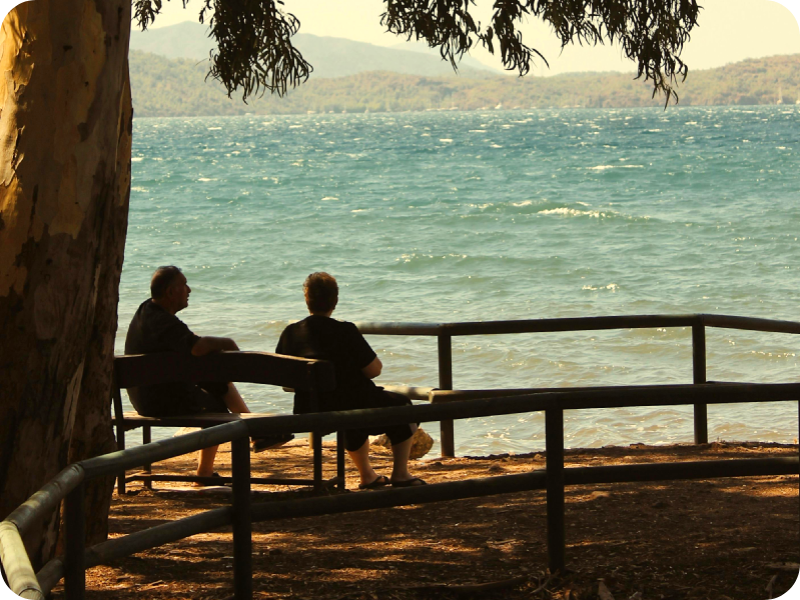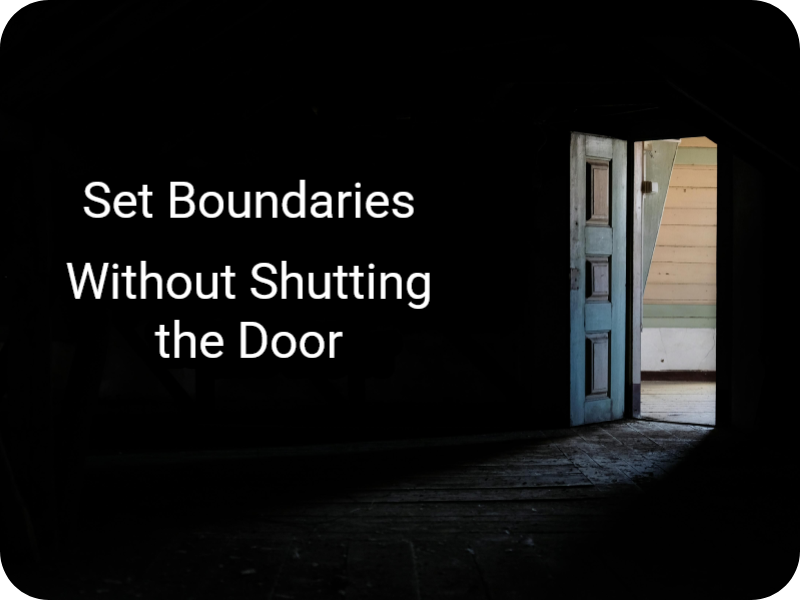You’ve noticed the changes, the secrets, the broken promises, the withdrawal. You care deeply about your friend, but you’re unsure how to help without pushing them away or enabling their addiction. If you’re reading this, you’re already taking an important step by seeking real, practical guidance.
This isn’t just another generic article. It’s a compassionate, expert-backed roadmap to support a friend struggling with drug addiction without guilt, pressure, or losing your connection. Addiction rewires the brain and makes quitting incredibly difficult, but your consistent, nonjudgmental support can increase their chances of recovery significantly.
Throughout this guide, you’ll learn how to communicate effectively and help a friend who’s addicted to drugs, set healthy boundaries, encourage treatment gently, and protect your own well-being. Whether you’re just beginning to notice the signs or have been standing by your friend for years, this resource will help you offer meaningful support while preserving your relationship.
Accept That You Can’t Fix Them (But You Can Still Matter)

Love Doesn’t Equal Control
The hardest truth: you can’t make someone quit drugs. Addiction is a chronic disease that rewires the brain, making willpower alone insufficient for recovery. Your friend’s journey is ultimately their own. But your presence, your consistency, your words still matter. Research shows that social support increases the odds of recovery by up to 50% compared to those who feel isolated.
This Mindset Shift Is Your Power
You’re not their savior; you’re their anchor. Let go of the urge to rescue. Instead, focus on being a steady, caring force. This shift protects your own mental health and keeps your relationship intact, even through setbacks.
Studies indicate that people with supportive, nonjudgmental friends are twice as likely to seek treatment as those who feel judged or pressured.
Know When and How to Talk to Them

Timing Is Everything
Never confront your friend when they’re high, defensive, or in crisis. Wait for a calm moment ideally when they’re sober and you’re both in a safe, private space.
What to Say (And What Not To)
Focus on concern, not blame.
Try: “I miss how we used to talk. I’m worried about you. Can we talk?”
Avoid: “You’re ruining your life.”
Scripts That Work
Here are some openers using the keyword how to talk to a friend about drug use:
- “I’ve noticed some changes and I’m worried about you. How are you really doing?”
- “I care about you and want to support you. Is there anything you want to talk about?”
- “I’m here for you, no matter what. If you ever want to talk or need help, I’m just a call away.”
Conversation – Do’s and Don’ts
| Do Say | Don’t Say |
| “I care about you.” | “Why can’t you just stop?” |
| “I’m worried about your health.” | “You’re a disappointment.” |
| “Let’s talk when you’re ready.” | “You’re ruining everything.” |
According to addiction counselors, nonjudgmental conversations increase the likelihood of a positive response by 30%.
Set Boundaries Without Shutting the Door

The Guilt Trap: “If I Say No, They’ll Disappear”
Many fear that setting boundaries means losing their friend. In reality, boundaries are acts of love, not punishment. They protect both you and your friend from the chaos of addiction.
Boundaries That Work
- “I’m here when you want to talk, but I can’t support you while you’re using.”
- “I can’t lend you money, but I can help you find resources for support.”
Your Well-being Matters, Too
Burnout helps no one. Self-care is essential. People who set healthy boundaries are 40% less likely to experience caregiver burnout.
Boundaries vs. Enabling Table
| Helping Without Enabling | Enabling Behaviors |
| Offering emotional support | Covering up or lying for them |
| Encouraging treatment | Giving money for drugs |
| Setting clear limits | Ignoring dangerous behaviors |
Encourage Help Without Forcing It

Suggest, Don’t Shove
Show them options therapy, hotlines, peer support groups. Offer to go with them, but let it be their choice. Forced treatment rarely leads to lasting change.
Celebrate Any Small Step
Even admitting there’s a problem is huge. Recognize progress, not perfection. For example, if your friend agrees to research rehab programs, that’s a win.
People who feel supported in making their own choices are 60% more likely to engage in treatment than those who feel coerced.
When It Gets Worse: What to Do in a Crisis
Don’t Ignore the Signs of Danger
If your friend is at risk of overdose, violence, or disappears for days, it’s time to act. Warning signs include:
- Unresponsiveness
- Blue lips/fingertips
- Breathing difficulties
- Threats of self-harm
When to Bring in Others
Sometimes, silence is enabling. Involve trusted friends, family, or professionals if safety is at risk. Interventions, when done privately and with compassion, can be effective especially when guided by a professional.
Interventions—Only If Done Right
Keep it private, loving, and non-accusatory. Bring support, not an audience. Studies show that professionally guided interventions have a 70% success rate in getting someone to accept help.
Real Talk – They Might Push You Away… At First
Don’t Let Their Anger Define Your Effort
People in crisis often lash out. Stay consistent and open. Your support may not be acknowledged now, but it can echo later.
Stay Consistent. Stay Open.
Consistency builds trust. Even if your friend distances themselves, knowing you’re there can be a lifeline.
You Deserve Support Too
You’re Not Failing If They Don’t Get Better
You’re showing up. That’s powerful. Remember, recovery is a marathon, not a sprint.
Get Help for You
Support groups like Al-Anon, therapy, or online communities (such as Reddit’s r/stopdrinking or r/addiction) can offer guidance and relief.
Practical Tips for Supporting a Friend With Addiction
Determine the Extent of Their Drug Use
Is your friend experimenting or addicted? Both are dangerous, but addiction requires more immediate attention. Listen without judgment, but don’t condone or validate their substance abuse.
Share Information
In a non-accusatory way, talk about the potential harm their drug of choice is inflicting. Share articles, statistics, or stories from recovered addicts. Sometimes, seeing others’ journeys can inspire hope for change.
Encourage Professional Help
The best support you can give is to help your friend access professional treatment. Offer to help research options, call hotlines, or accompany them to appointments. Professional treatment has the highest chances of success.
Tell a Trusted Adult (If Needed)
If your friend’s substance abuse is putting them in danger, don’t hesitate to involve a trusted adult, counselor, or healthcare provider.
Protect Yourself
Helping a friend is important, but so is protecting your own well-being. If you feel pressured to use drugs or your mental health is suffering, it’s okay to step back and seek support for yourself.
Action Steps: How to Help a Friend Who’s Addicted to Drugs
- Educate Yourself About Addiction: Understand the science, the triggers, and the recovery process.
- Plan Your Conversation: Choose a calm time, use supportive language, and avoid blame.
- Set Healthy Boundaries: Be clear about what you can and cannot do.
- Offer Resources: Share information about treatment centers, hotlines, and support groups.
- Stay Consistent: Don’t give up after one conversation. Recovery is a process.
- Take Care of Yourself: Seek your own support and practice self-care.
Frequently Asked Questions
Q: What if my friend refuses all help?
A: Keep the door open, avoid enabling, and seek support for yourself. Sometimes it takes multiple attempts before someone is ready.
Q: How do I know if I’m enabling?
A: If your actions shield your friend from the consequences of their use (e.g., giving money, lying for them), you’re likely enabling.
Q: Is it okay to step back for my own mental health?
A: Absolutely. You can’t pour from an empty cup. Prioritize your well-being and seek support as needed.
Final Thoughts – You’re the Bridge, Not the Cure

Helping a friend with addiction is tough and often emotionally draining. Remember, you can’t fix their addiction, but your steady presence can be a powerful source of hope. You are the bridge that connects them to the possibility of recovery, reminding them they’re not alone and worth fighting for.
Recovery is rarely straightforward, it’s a marathon with ups and downs. Your consistent care, patience, and boundaries create a safe space for your friend to heal when they’re ready. Don’t forget to take care of yourself too; your well-being is essential to sustaining your support.
You’re reading this because you care deeply. That’s rare and important. Keep showing up, keep believing, and keep being the anchor your friend needs. You matter in their story more than you realize.
- Is Vaping Harmful? The Real Risks You Need to Know (2025 Update) - May 20, 2025
- How to Choose the Right Rehab Center: 5 Critical Things to Know - May 1, 2025
- How to Prevent Child Drug Use: Every Parent Should Know - April 27, 2025